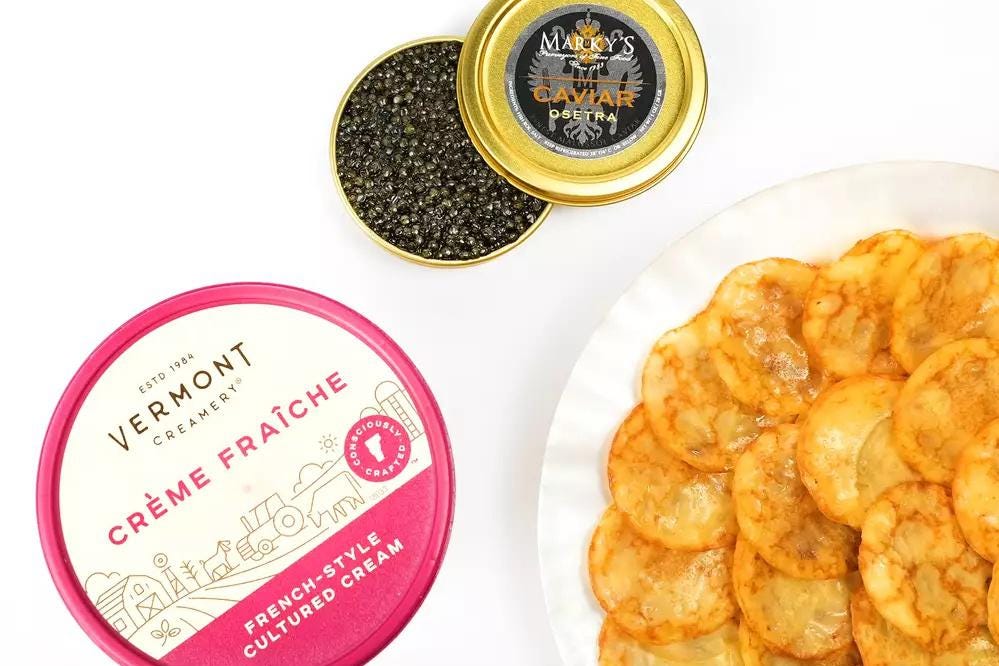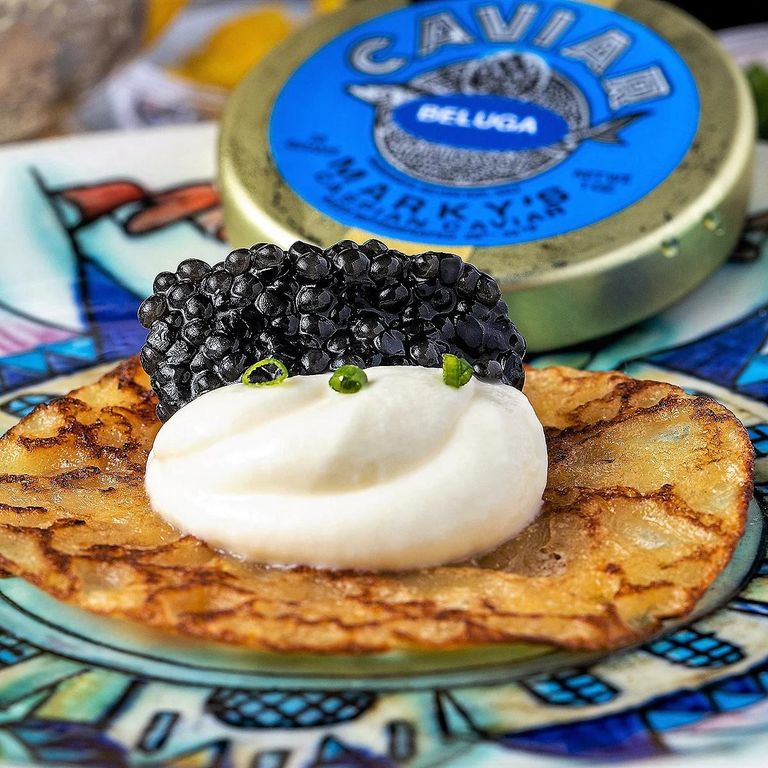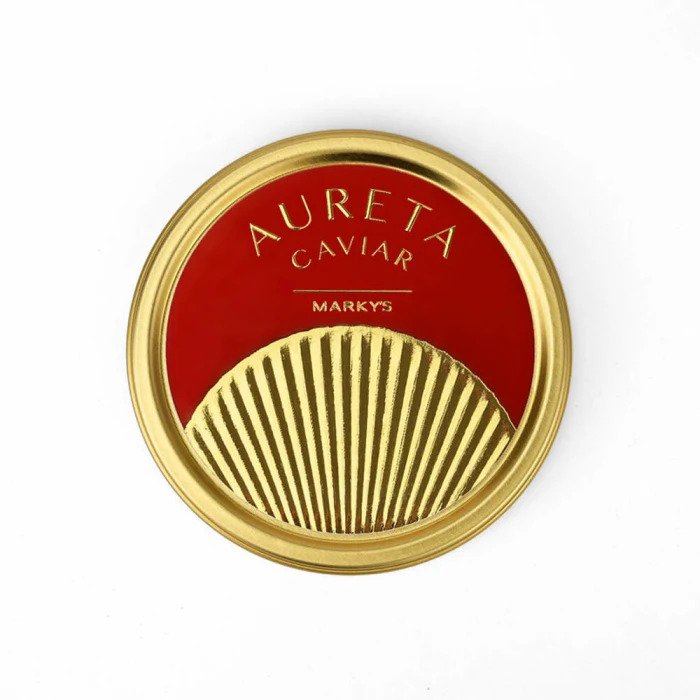The Many Health Benefits in a Cup of Tea
Category : Food Stories, Party Ideas, Recipes, Press Room |
Posted : Oct 20, 2013
TEA : The Many Health Benefits in a Cup
For centuries, tea has been used in alternative medicine to treat everything from cancer to constipation. Recent research supports these claims: Studies have shown that tea may protect against heart disease, Alzheimer's and many types of cancer. You may think that if you’ve tried one tea, you’ve tried them all, but that’s not the case. There's a wide range of flavors within every type of tea and host of different preventative health benefits. Learn how sipping on a cup of the right kind of tea could possibly be the answer to your health problems.
All “true” teas are derived from the Camellia sinensis plant, a shrub native to China and India, and contain unique antioxidants called flavonoids. The most potent of these, known as ECGC, may help against free radicals that can contribute to cancer, heart disease, and clogged arteries. Green, Black, Oolong, White and Pu-erh all of these teas also have caffeine and theanine, which affect the brain and seem to heighten mental alertness. The more processed the tea leaves, usually the less polyphenol content. Polyphenols include flavonoids. Oolong and black teas are oxidized or fermented, so they have lower concentrations of polyphenols than green tea; but their antioxidizing power is still high.
“Herbal” teas are made from herbs, fruits, seeds, or roots steeped in hot water, herbal teas have lower concentrations of antioxidants than green, white, black, and oolong teas but they have unique benefits. Their chemical compositions vary widely depending on the plant used. Varieties include ginger, ginkgo biloba, ginseng, hibiscus, jasmine, rosehip, mint, rooibos (red tea), chamomile, and Echinacea.
Below are some possible benefits of a few of the specific tea types.
- Oolong Tea / Fat Fighter
Oolong tea boosts metabolism, helping you burn fat faster. Studies have shown that drinking oolong tea has led to sustained weight loss and a smaller waist size. Be careful not to drown your tea in sugar, which will negate the benefits.
- Ginger Tea / Migraines / Stomach Soother
Ginger tea works as an anti-inflammatory agent. Ginger blocks prostagladins – the chemical messengers that cause a slight swelling in the brain. Drink ginger tea at the onset of your headache. This is when it’s most effective in blocking pain. It is also very helpful in aiding digestion and settling the stomach.
- Ginseng Tea / Libido / Lower Blood Sugar / Skin Smoother
This tea boosts sexual arousal and combats erectile dysfunction. Ginseng tea contains compounds called ginsenosides that affect gonadal tissue, increasing sperm count as well as sexual performance for both women and men. Several studies have found that American Ginseng can lower blood sugar levels in patients diagnosed with type II diabetes. Drinking ginseng tea is good for refining and rehydrating the skin effectively.
- Green tea / High in Antioxidants / Superstar of Teas
Made with steamed tea leaves, it has a high concentration of EGCG and has been widely studied. Green tea’s antioxidants may interfere with the growth of bladder, breast, lung, stomach, pancreatic, and colorectal cancers; prevent clogging of the arteries, burn fat, counteract oxidative stress on the brain, reduce risk of neurological disorders like Alzheimer’s and Parkinson’s diseases, reduce risk of stroke, and improve cholesterol levels.
- Black tea / Stroke Prevention / Prevent Lung Cancer
Made with fermented tea leaves, black tea has the highest caffeine content and forms the basis for flavored teas like chai, along with some instant teas. Studies have shown that black tea may protect lungs from damage caused by exposure to cigarette smoke. It also may reduce the risk of stroke.
- White tea / Cancer Fighter
Uncured and unfermented. One study showed that white tea has the most potent anticancer properties compared to more processed teas.
- Oolong tea / Lower Cholesterol / Weight Loss
In an animal study, those given antioxidants from oolong tea were found to have lower bad cholesterol levels. One variety of oolong, Wuyi, is heavily marketed as a weight loss supplement.
- Pu-erh tea / Lower Cholesterol
Made from fermented and aged leaves. Considered a black tea, its leaves are pressed into cakes. One animal study showed that animals given pu-erh had less weight gain and reduced LDL cholesterol.
- White Tea / Cancer Fighter / Immune Booster / Prevent Tooth Decay
White tea is made from immature tea leaves that are picked shortly before the buds have fully opened. Leaving tea leaves so close to their natural state means that white tea contains more polyphenols, the powerful anti-oxidant that fights and kills cancer-causing cells, than any other type of tea. A 2004 study at Pace University concluded that white tea can help your body's immune system fight off viruses and dangerous infection-causing bacteria. The same study concluded that fluoride-rich white tea helps prevent the growth of dental plaque, the chief cause of tooth decay.
- Hibiscus Tea / Lowers Blood Pressure
Hibiscus tea is a tisane or "herbal tea" consumed both hot and cold by people around the world. Preliminary study has shown that drinking hibiscus tea may lower blood pressure in people with type 2 diabetes,prehypertension, or mild hypertension.
- Rooibos Tea / Allergy Fighter / Calming / Cancer Fighter
Rooibos is purported to assist with nervous tension, allergies and digestive problems. Two flavonoids found in rooibos, quercetin and luteolin, have been known to have cancer fighting qualities. Traditional medicinal uses of rooibos in South Africa include alleviating infantile colic, allergies, asthma and dermatological problems.













